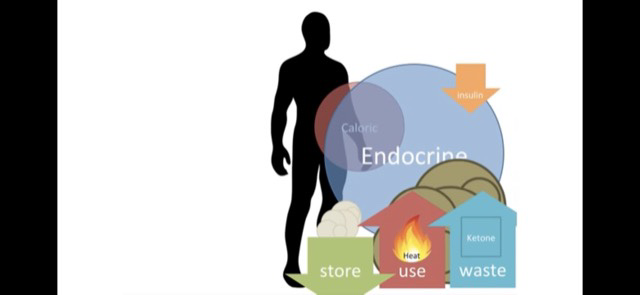That makes no sense. And neither does pretending about CICO or the reality of weight loss. Obviously, lots of people can’t or don’t want to maintain what is essentially just ‘calorie restriction’ - but in the case of ketogenic eating, with improved access to stored fat via lowered insulin, and often greater satiety, the frequent resulting weight loss is because of the physics - because the body’s energy balance is such that it’s drawing on those fat stores. CICO doesn’t care what the exact deal is - it’s just reflecting it.
Again, “calories in, calories out” does not pronounce good/bad about what’s going on, or what’s desired; it only notes what is.
“The language” - well, again, it’s true for everybody that if the In is lower than the Out, weight loss will result. So it’s not CICO that is on trial - and I hear you about Australia and the medical community there - it’s pretending that one approach will necessarily fit all that is the problem.
For lots of us, me included, the type of calories does matter. Let’s say that cutting out almost all carbs results in the body drawing on fat stores, and in weight loss. So the 'Out" is greater than the “In” and we’re all happy, right? CICO is just as well satisfied there as it would be if a carb-heavy diet and food restriction or increased exercise resultes in metabolic slowdown and weight gain.
Maybe, maybe not. But if the ‘In’ is less than the 'Out," with CICO, then weight loss will result.
That does not say that everybody can stay with that (especially depending on diet), nor that it’s only ‘bad people’ who aren’t able to, etc.
We know that in practice “eat less, move more,” does not work for everybody, if weight loss is desired. But in no way is that the fault of CICO. CICO will be reflecting what is going on, nothing more.
Pretending that the saying/theory will work for everybody is faulty.
To make it a completely true prescription, then it ought to be “eat less - enough less, and move more - enough more.” This is because if there’s an energy surplus, and the body is storing it as fat, then whatever surplus there is has to be dealt with until things ‘go negative’ and weigh loss results, and merely eating a given amount less and/or moving (some) more may not achieve it.










